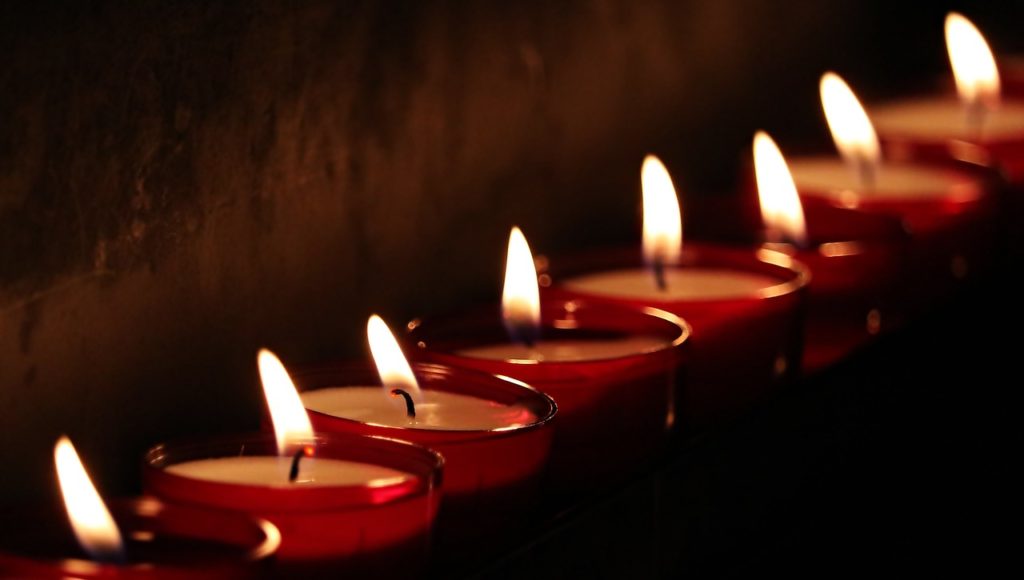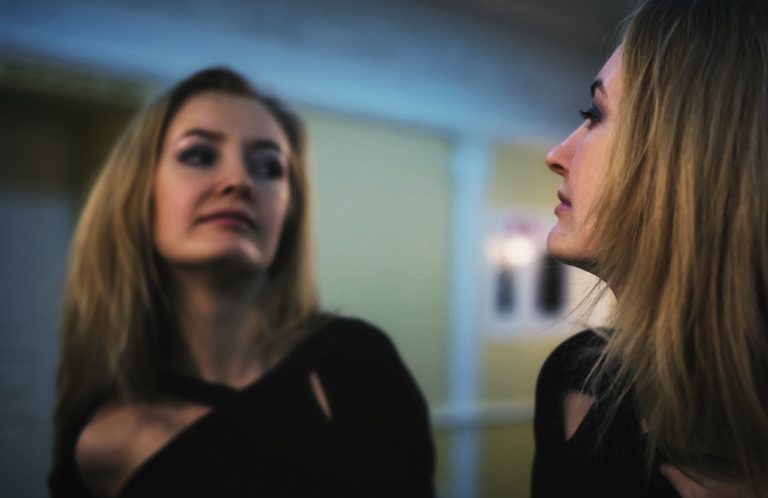“Where do you go to church?” she asked.
I remember the chill of the water as I stood there, waist-deep in the pool while our kids splashed around us, wishing there was a way to not answer her question. To be fair, I had asked her the same one just a few moments before. I’m always tremendously interested in where people go to church (and almost everyone here in the Mid-South goes to church, I’ve found), what doctrines they subscribe to, and whether or not they love their church. If I’m being completely honest here, part of me is also always looking for the “right” church. My question is always meant to do two things: (1) help me assess where a person stands in relation to the church, and (2) potentially help me in my own church search.
I took a breath and answered her.
“We don’t really have a church,” I said. “We’re sort of visiting a church, but we’re not members anywhere.”
I saw her eyes widen, her mouth form a round shape that expressed surprise. Lest she feel pressured to come up with some kind of “appropriate” response, I launched into my usual “My family is very interdenominational and my husband was an MK, so we just haven’t found a church that’s a good fit for us” speech. As if that explains why I’m not at home in any church building these days.
I used to think I was an evangelical, and maybe I actually was. Or maybe I simply didn’t yet understand enough about church history and politics, about misogyny and complementarianism. Maybe I was young and naive. Maybe I hadn’t been hurt by the church yet. Maybe I still thought of the church as an extension of Jesus, the way Acts 2 describes it.
If you go by the foundational definition, “of, relating to, or being in agreement with the Christian gospel especially as it is presented in the four Gospels,” then sure, of course, definitely I’m an evangelical. But so are my Catholic friends. It’s the other definitions that make me cringe. The “Protestant,” definition. The “of, adhering to, or marked by fundamentalism” definition.
The interdenominational aspect of my faith formation is a factor, that’s true. I was baptized in the Lutheran church at age seven. I spent my high school years in a Church of Christ (where I ignored all the stuff that made no sense to my teen mind, like the ban on instruments during worship and dancing anywhere). I discovered nondenominational evangelicalism with its rock band-style worship and casual atmosphere in my mid-twenties. I’ve spent many a Sunday in the Methodist church of my paternal grandparents and the Presbyterian church of my maternal ones. I’ve been to my share of Catholic masses.
Now, the closest I feel to being at home in a church-ish place is in the chapel at St. Columba, an Episcopal retreat center near my home, where I worship with a group of ladies from a variety of churches, mostly Episcopal but also Methodist, Catholic, and Presbyterian. Often, the services are from the Book of Common Prayer, and the words we speak together, in unison, bring me a deep and unexplainable comfort. As time passes, I am drawn more and more to liturgical practices, and away from the evangelicalism that is mostly devoid of them.
Read more at The Glorious Table.
Image by S. Hermann & F. Richter from Pixabay



